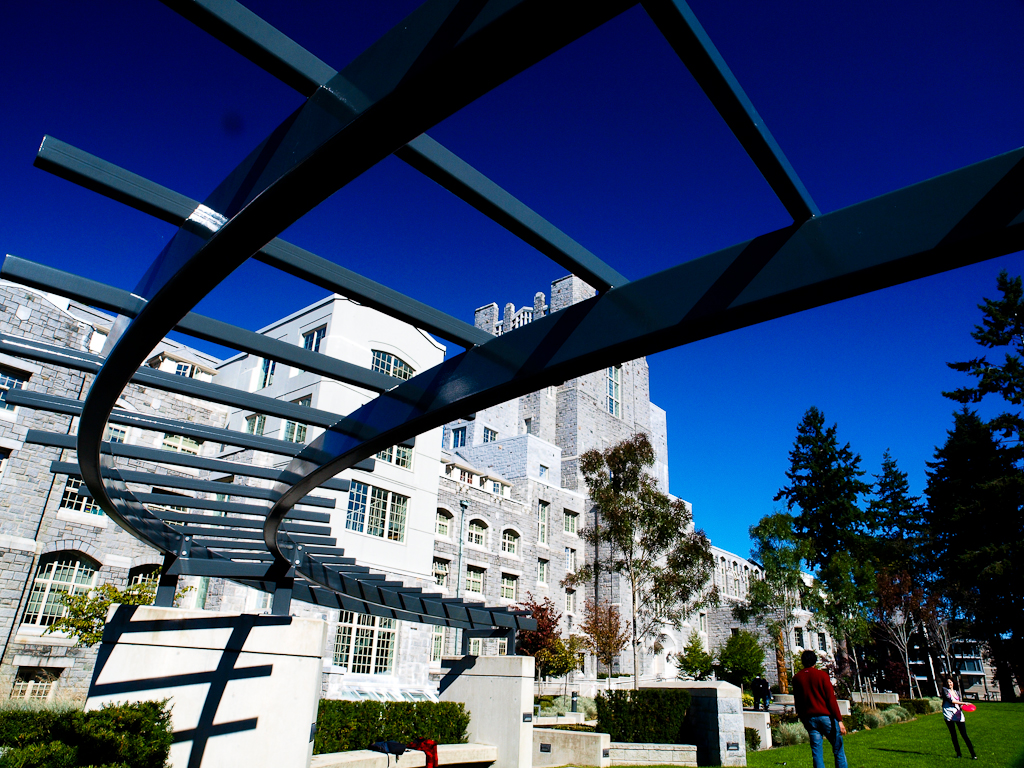UBC Science congratulates new University Killam Professors
September 20, 2016

September 20, 2016

Four UBC Science professors have been named as winners of the University Killam Professorships, the highest honour UBC can confer on a faculty member. The awards recognizes exceptional teachers who are leaders in their fields, and who have recieved international recognition for their talents and efforts.
Dr. Sarah Otto is a renowned evolutionary biologist, professor of Zoology and director of UBC’s Biodiversity Research Centre. Dr. Otto’s lab investigates the ability of populations to adapt to environmental challenges, the genetic basis of these adaptations and the factors promoting diversification versus extinction.
Internationally celebrated fisheries scientist Dr. Daniel Pauly is a professor in UBC’s Institute for the Oceans and Fisheries. Currently the Principal Investigator of the Sea Around Us Project, Dr. Pauly has devoted his life to studying, documenting and promoting policies to mitigate the impact of fisheries on the world’s marine ecosystems.
Dr. Robert E.W. Hancock is a professor and pioneer in several critical areas of microbiology. At UBC he established the Centre for Microbial Diseases and Immunity Research (CMDR) and also co-founded the Centre for Drug Research and Development (CDRD). Dr. Hancock’s research explores new treatments for infections and inflammations through a better understanding of antibiotic resistance and inflammatory diseases.
Dr. Loren Rieseberg is a professor and Canada Research Chair in Plant Evolutionary Genomics, and Associate Director, Research at the UBC Botanical Garden. With a focus on sunflowers, Dr. Rieseberg studies the origins and evolution of new species to understand weed evolution and plant domestication, and to provide genomic tools for crop improvement.
We honour xwməθkwəy̓ əm (Musqueam) on whose ancestral, unceded territory UBC Vancouver is situated. UBC Science is committed to building meaningful relationships with Indigenous peoples so we can advance Reconciliation and ensure traditional ways of knowing enrich our teaching and research.
Learn more: Musqueam First Nation